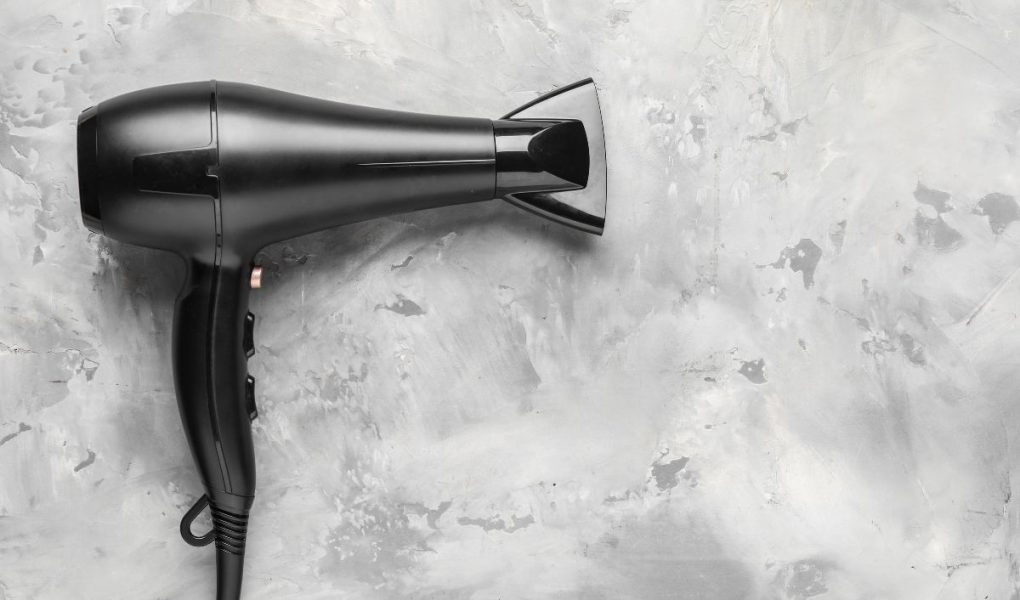Quick Answer
Yes, you can use a hair dryer after cataract surgery, but only after your eyes have sufficiently healed. Initially, it’s best to avoid warm air or strong air currents that might irritate the eyes. Using a hair dryer on a cool or low-heat setting, keeping it at a safe distance, and consulting your doctor before resuming its use ensures safe recovery.
Introduction
Cataract surgery is a life-changing procedure that restores vision clarity, but it also requires careful post-surgery care. Tasks like washing, drying, or styling your hair, which seem routine, may suddenly feel daunting.
You might be asking:
- “Can I use a hair dryer after cataract surgery?”
- “How do I wash my hair without affecting my healing eyes?”
- “When is it safe to dye my hair again?”
In this detailed guide, we’ll address these questions, providing science-backed advice and practical tips for safe post-surgery hair care. Whether it’s washing hair after cataract surgery or dying hair after cataract surgery, we’ve got you covered.
Can I Use a Hair Dryer After Cataract Surgery?
Why Hair Drying Can Be Risky
After cataract surgery, the eyes are sensitive to external irritants like heat, air pressure, or water. Using a hair dryer too soon can:
- Cause discomfort or dryness in the eyes due to warm air.
- Disrupt the healing process by creating air currents that may carry particles toward the eyes.
- Increase the risk of complications like irritation or infection.
When Is It Safe to Use a Hair Dryer?
Most doctors recommend avoiding hair dryers during the first week post-surgery. After this period:
- Use a dryer on a low-heat or cool setting to minimize heat exposure.
- Keep the dryer at least 12 inches away from your face to avoid direct airflow toward your eyes.
- Opt for air-drying during the initial recovery if possible, or ask for assistance.
Doctor’s Advice Matters
Always consult your ophthalmologist for guidance specific to your healing progress. Some individuals may need a longer recovery period before resuming heat-based tools.
How to Wash Hair After Cataract Surgery
Why Hair Washing Needs Extra Care
Hair washing may seem simple, but after cataract surgery, it’s crucial to avoid water, soap, or shampoo coming into contact with your eyes. Any accidental splash can irritate your healing eyes or increase the risk of infection.
Step-by-Step Guide for Washing Hair Safely
- Tilt Your Head Backward
- Keep your head tilted back while washing to prevent water from dripping toward your face.
- Use a hand-held showerhead for better control.
- Get Assistance
- Ask a family member or friend to help wash your hair, especially during the first week.
- Alternatively, visit a salon for a professional hair wash.
- Protect Your Eyes
- Wear protective eyewear or goggles to shield your eyes during washing.
Gentle Hair Products to Use
- Opt for mild, fragrance-free shampoos that are less likely to irritate your eyes.
- Avoid products with harsh chemicals during the recovery phase.
Dying Hair After Cataract Surgery
When Can You Safely Dye Your Hair?
Hair dye contains strong chemicals that produce fumes and require rinsing, both of which can irritate your healing eyes. Most doctors recommend waiting at least 4–6 weeks before considering dying hair after cataract surgery. However, this timeline may vary depending on your recovery progress.
Precautions When Coloring Hair
- Schedule your appointment in a well-ventilated space to minimize exposure to fumes.
- Ask your stylist to avoid any splashes near the face.
- Use ammonia-free and gentle hair dyes to reduce chemical exposure.
Professional vs. At-Home Dyeing
While at-home hair dyeing might seem convenient, a professional stylist is better equipped to handle the process without risking your recovery.
The Science Behind Hair Care and Cataract Surgery Recovery
Why Are the Eyes So Sensitive Post-Surgery?
Cataract surgery involves creating a small incision to replace the cloudy lens. While minimally invasive, this procedure leaves the eye more vulnerable to infections, irritants, and physical disruptions during the recovery period.
- Tear Film Disruption: Surgery can temporarily alter the natural tear film, making eyes more prone to dryness and irritation from warm air or chemical fumes.
- Incision Healing: The healing incision is susceptible to waterborne bacteria or mechanical stress, making it crucial to avoid any splashes near the eye.
General Post-Surgery Hair Care Tips
- Avoid Tight Hairstyles
Styles that pull on the scalp can create unnecessary strain during recovery.
- Use a Shower Cap
Wear a shower cap to keep hair dry during regular bathing, reducing the need for frequent washing.
- Be Gentle
Avoid vigorous brushing or combing, as hair may feel more delicate during recovery.
Frequently Asked Questions
1. Can I Wash My Hair at Home After Cataract Surgery?
Yes, but follow safe practices such as tilting your head backward, using a gentle shampoo, and protecting your eyes with goggles or assistance.
2. When Can I Use a Hair Dryer Again?
You can typically resume using a hair dryer on a cool or low heat setting after the first week. Always consult your doctor for personalized advice.
3. Is It Safe to Dye My Hair After Cataract Surgery?
It’s best to wait at least 4–6 weeks before dyeing your hair to ensure your eyes are fully healed. Use gentle products and consult your doctor if unsure.
Conclusion
Caring for your hair after cataract surgery doesn’t have to be overwhelming. With proper adjustments, you can safely wash, dry, and even dye your hair while protecting your eyes.
Remember:
- Avoid using a hair dryer after cataract surgery for the first week and always use it on a cool or low-heat setting.
- Follow safe techniques for washing hair after cataract surgery, such as tilting your head back and using gentle products.
- Wait for your doctor’s approval before attempting dying hair after cataract surgery.
Prioritizing eye health during recovery is essential, so take your time and follow these tips for a smooth transition back to your normal routine. If you have any concerns, consult your ophthalmologist for tailored advice.



